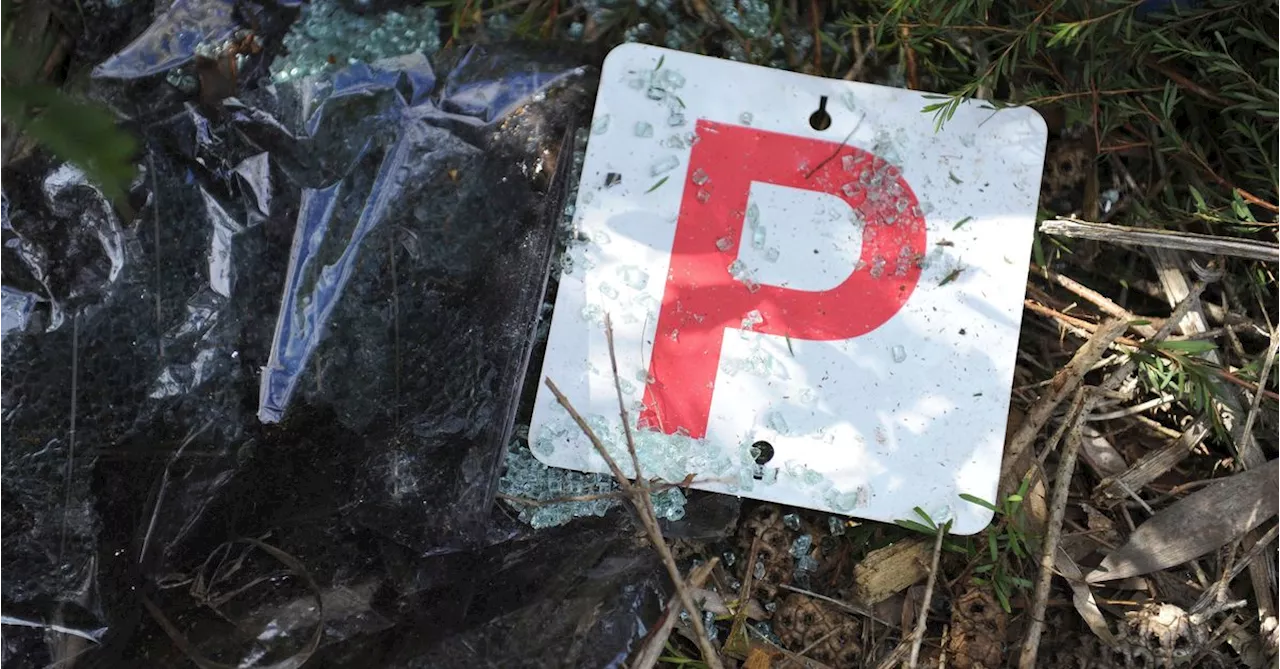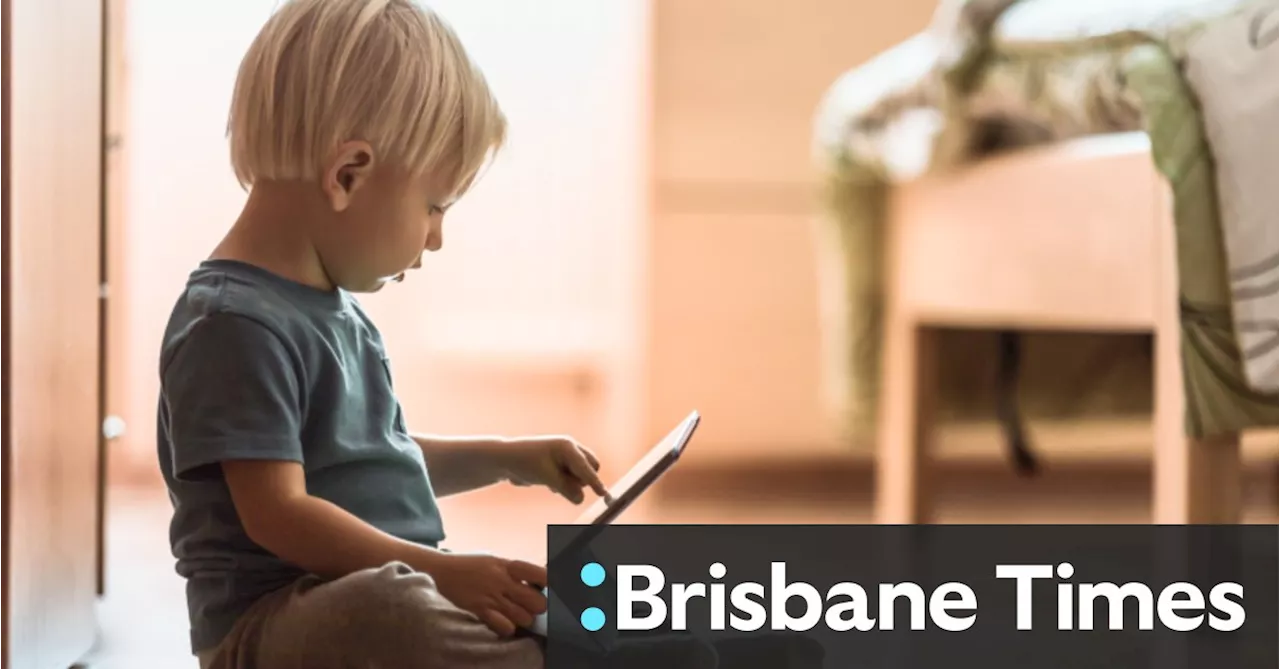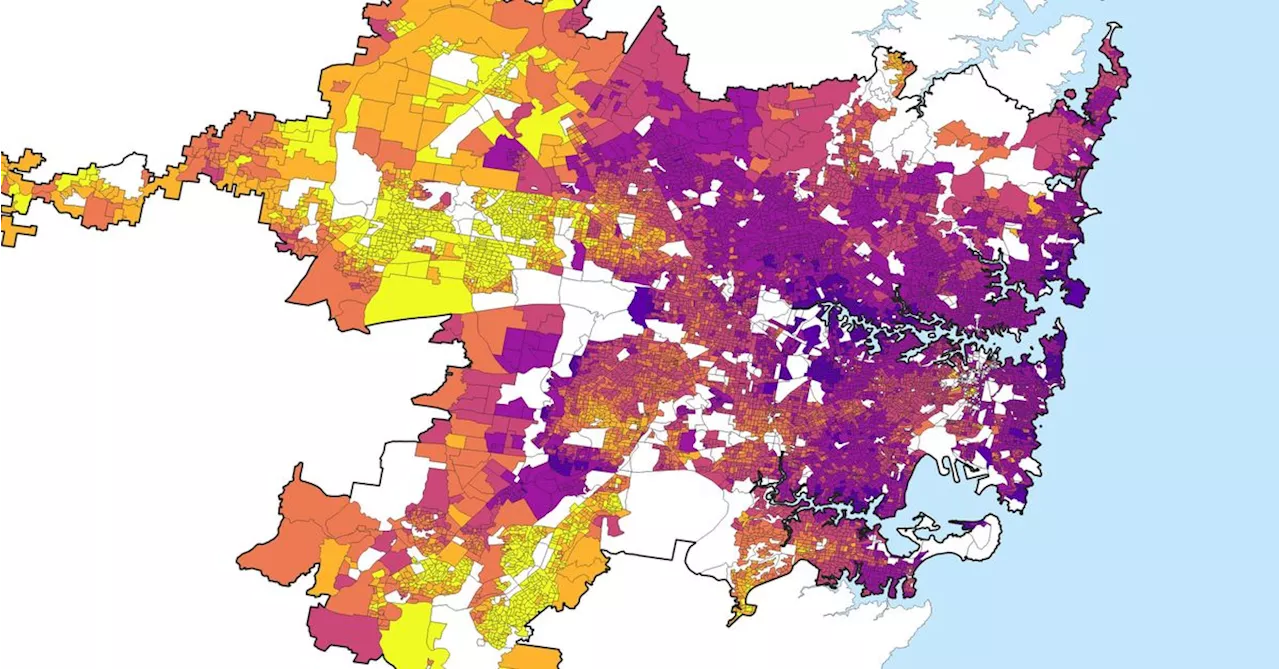Supposedly ecologically sound toilet paper brands contain as little as 2.7% of the eco-friendly paper source
Toilet rolls, which have been linked to a significant proportion of global deforestation, prompting the rise of supposedly ecologically sound alternatives.Toilet rolls, which have been linked to a significant proportion of global deforestation, prompting the rise of supposedly ecologically sound alternatives.
In the worst case, only 2.7% of the fibre in the loo paper came from bamboo. Other woods found in the products included acacia, a species associated with deforestation in Indonesia, and eucalyptus, another fast-growing tropical hardwood species. The findings may indicate more widespread issues: the three brands receiving a smack on the bottom from Which? used bamboo from China, and are all certified by the Forest Stewardship Council, a body that offers certification to responsibly managed forests and products made from them. FSC told the Guardian it would conduct an investigation., so finding ecologically sound alternatives is serious business.
Which? said brands using bamboo as an eco-friendly selling point must be able to back up their promises. Emily Seymour, sustainability editor at Which?, said: “Given so many shoppers are taking steps to be more sustainable, it’s vital they can trust claims made by brands – particularly when they are paying more for a product they believe is better for the environment.”
Australia Latest News, Australia Headlines
Similar News:You can also read news stories similar to this one that we have collected from other news sources.
 NDIS is as popular as Medicare, study showsRedbridge research reveals deep community support for the national disability insurance scheme, underscoring why both sides of politics are wary of criticism despite massive cost blowouts.
NDIS is as popular as Medicare, study showsRedbridge research reveals deep community support for the national disability insurance scheme, underscoring why both sides of politics are wary of criticism despite massive cost blowouts.
Read more »
 'Don't buy your kids a car': Australian study shows up key warning for parentsYoung drivers who own their own car are more likely to crash than if they share the family car, new Australian research shows.
'Don't buy your kids a car': Australian study shows up key warning for parentsYoung drivers who own their own car are more likely to crash than if they share the family car, new Australian research shows.
Read more »
 No time to talk: How screens limit language development in toddlersA new study found that more screen time means less parent-child talk.
No time to talk: How screens limit language development in toddlersA new study found that more screen time means less parent-child talk.
Read more »
 More screen time leads to smaller vocabulary in children, study findsMore screen time led to less parent-child interaction, meaning children were learning fewer adult words per day.
More screen time leads to smaller vocabulary in children, study findsMore screen time led to less parent-child interaction, meaning children were learning fewer adult words per day.
Read more »
 New study reveals a stark difference of asthma rates in poorer and richer suburbsA new study has found a trend in childhood asthma rates in Australia&x27;s four biggest cities.
New study reveals a stark difference of asthma rates in poorer and richer suburbsA new study has found a trend in childhood asthma rates in Australia&x27;s four biggest cities.
Read more »
 Young Australians hit hardest by cost-of-living crunch, new study revealsNew research found 77 per cent of Australia&x27;s Generation Z were facing money worries.
Young Australians hit hardest by cost-of-living crunch, new study revealsNew research found 77 per cent of Australia&x27;s Generation Z were facing money worries.
Read more »
